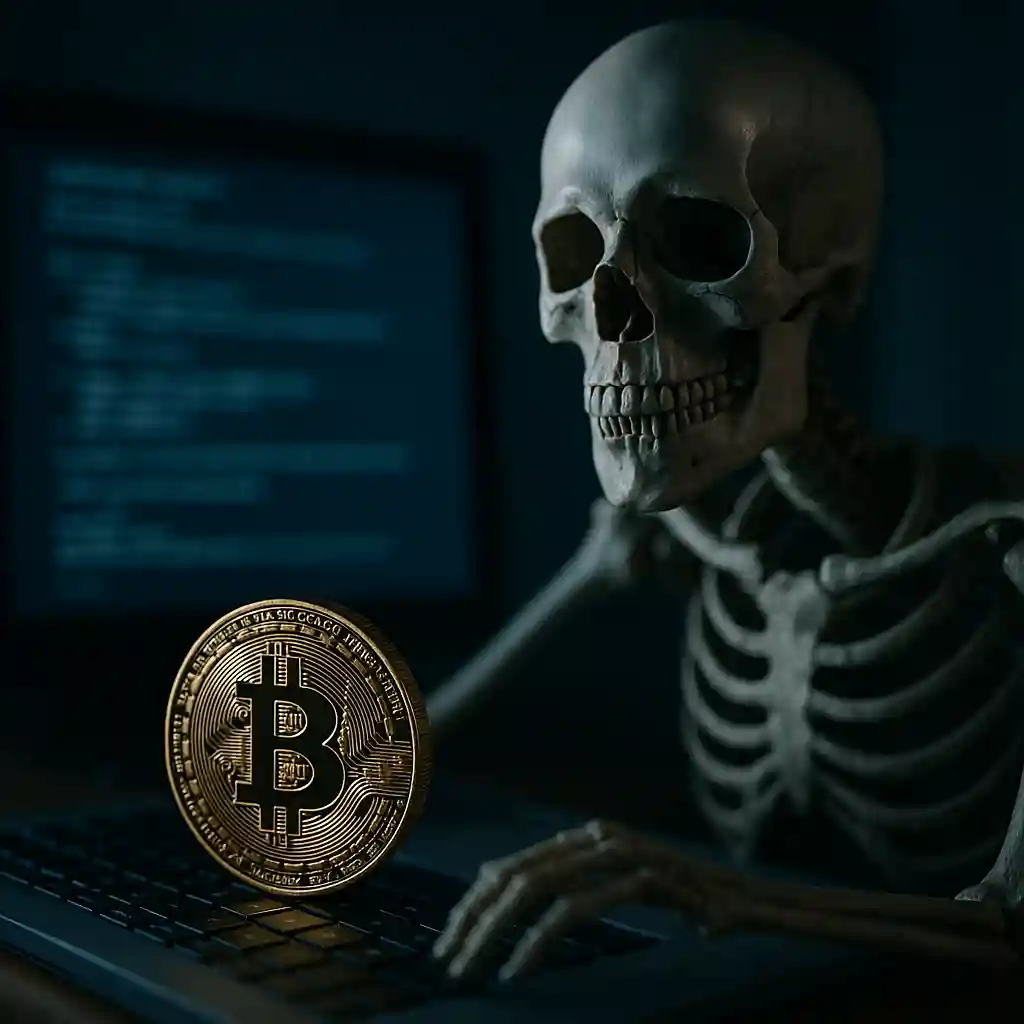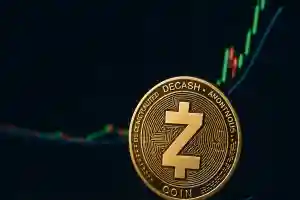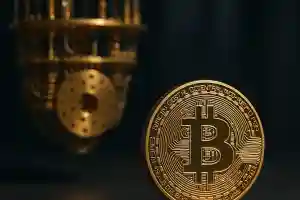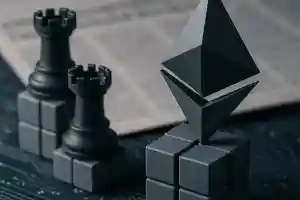The Rise of the 'Dead Internet Theory' Amid an AI-Driven Online Landscape
 16 Nov 25
16 Nov 25
Introduction: The Internet’s Changing Face
In the last few years, a provocative online theory has gained increased attention: the so-called 'Dead Internet Theory.' As artificial intelligence becomes more sophisticated and widely used, questions are emerging about the authenticity of the online world. This debate has sparked concerns about the erosion of genuine human interaction and the surge of bot-generated content across digital platforms.
What is the 'Dead Internet Theory'?
The 'Dead Internet Theory' is an online hypothesis suggesting much of what users encounter on the web is no longer created by humans, but rather by algorithms and artificial intelligence. Stemming from discussions on internet forums and social media, the theory suggests that increasing portions of content, conversations, and even trends are orchestrated by automated entities.
Origin and Evolution
The term surfaced around 2021, fueled by anecdotal observations and skepticism about the organic nature of online engagement. Proponents claim that bots, automated scripts, and AI-generated materials are shaping digital experience more than ever — sometimes allegedly at the behest of institutions or corporations seeking to manipulate public perception.
The Surge of AI-Generated Content
Central to the theory’s resurgence is the meteoric rise of AI tools capable of creating text, images, and even videos. OpenAI's GPT models, Google's Gemini, and other generative AI technologies have enabled a new wave of content creation that is fast, scalable, and increasingly indistinguishable from what a human can produce.
The Scale of Automation
Recent surveys and independent research suggest a spike in AI-generated content across discussion forums, comment sections, websites, and social media platforms. This surge is not limited to spam or inauthentic advertisements — it also encompasses news articles, product reviews, and even entire social network personas.
Human vs. Bot: Blurring the Line
AI content generators have made it difficult for users to differentiate between authentic discussions and automated responses. Some platforms have responded with verification measures and more rigorous content moderation, but such measures lag behind the sophistication and volume of modern AI systems.
Detecting AI-Generated Material
There are efforts to counter AI-driven fakery, including academic and industry-led development of detection algorithms. However, as AI models evolve, identifying machine-generated content becomes increasingly challenging. Instances of 'bot armies' mimicking real users — and sometimes even imitating nuanced human disagreement — contribute to the confusion.
Implications for Internet Culture
As AI-generated content proliferates, concerns arise about the distortion of online discourse and cultural trends. Many worry the organic, unpredictable, and sometimes chaotic nature of internet communities may be replaced by sterile or manipulated interactions. This could undermine the sense of collective creativity that has defined online culture since its inception.
Conspiracy or Cautionary Tale?
While the 'Dead Internet Theory' often veers into speculative territory, its core concerns reflect genuine anxieties over automation, manipulation, and the loss of authenticity. Some view the theory as a cautionary lens for understanding larger shifts — particularly the possibility that voices amplified online may be synthetic or agenda-driven, not representative of actual individuals.
Industry and Community Reactions
The tech industry, media watchdogs, and academic researchers are carefully watching the proliferation of AI content. Initiatives are underway to promote transparency around AI-generated material and to better educate users about the evolving landscape. At the same time, some major platforms argue that the majority of their activity remains authentically human but acknowledge a significant increase in automated behaviors.
Calls for Greater Transparency
Experts suggest that labeling AI content, promoting open sourcing of detection tools, and bolstering community moderation could help foster a healthier internet environment. These strategies could restore user trust and better equip individuals to identify and navigate a blended human-machine information ecosystem.
The Road Ahead: An Internet in Flux
The future of online interaction hinges on how platforms, users, and regulators respond to the rise of AI-driven content. Whether or not the internet is truly 'dead,' as the theory provocatively claims, there is no doubt that the web is undergoing profound change. Balancing innovation with authenticity remains a central challenge — one likely to shape digital culture for years to come.





























